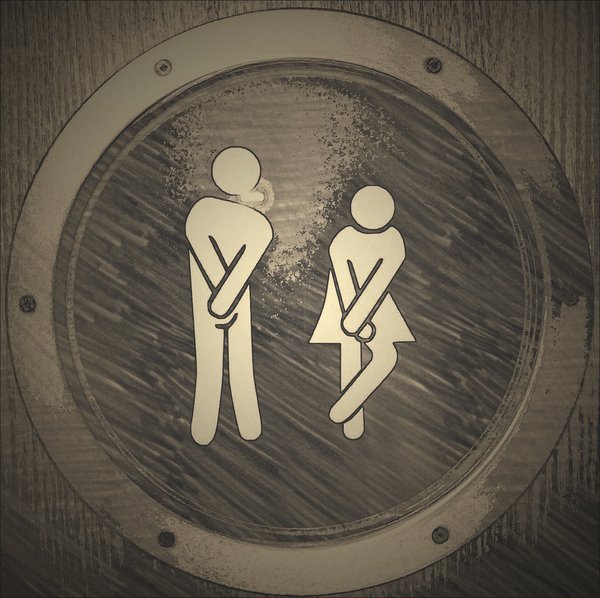Overactive bladder is the frequent and sudden urge to urinate. If you are currently living with this condition, you know how suddenly the urge can hit you, potentially causing an embarrassing situation.
Fear of losing bladder control out in public often causes people to limit their work and social life. The doctors at the Mayo Clinic, however, say that there are ways to manage this condition, including dietary changes, timed bathroom breaks and strengthening the pelvic floor muscles.
- MORE HEALTH
- N.J. to close down COVID-19 vaccination mega-sites
- Thomas Jefferson University projects to be conducted as part of first private mission to International Space Station
- People with autism can read most facial expressions but not anger
What causes overactive bladder?
This urgent need to void your bladder happens when the muscles of the bladder involuntarily contract even when it isn't full. The exact cause of why this happens in some men and women remains unknown.
According to the latest research though, certain conditions like stroke, diabetes and urinary tract infections can contribute to the symptoms of an overactive bladder. Some women also start to experience these symptoms as they go through menopause.
Certain medications, bladder abnormalities or obstructions, declining cognitive function due to aging and walking difficulties may also lead to bladder urgency. An overactive bladder, however, is not a natural part of aging, urology experts stress.
It is important to note that some women with overactive bladders also experience stress incontinence – the unintentional loss of urine while coughing, sneezing, laughing or exercising. Treatment of stress incontinence doesn't improve overactive bladder symptoms.
Whatever the cause, urinary incontinence can affect your quality of life, leading to sleep difficulties, sexual dysfunction, anxiety and depression.
Managing any chronic conditions that may be triggering these symptoms can help, urologists say. So can important lifestyle changes such as maintaining a healthy weight, getting enough exercise and quitting smoking. Urologists recommend lifestyle changes as a first approach to reducing symptoms.
Learning how to tighten your pelvic floor muscles with Kegel exercises is also recommended. Learn how to do them here.
Your doctor can also prescribe medication to relax the bladder and teach you how to delay voiding your bladder when the urge hits. The Cleveland Clinic also has tips for retraining your bladder.
Some studies have shown that OnabotulinumtoxinA or Botox injections can also provide relief. Patients with severe urinary incontinence may also benefit from nerve stimulation or surgery to increase bladder capacity.
12 food and beverages to avoid or limit
Certain food and drink can irritate the bladder and exacerbate your symptoms. Urologists say it's best to avoid or limit these as much as possible when you have an overactive bladder. Here is a list compiled from Healthline, Johns Hopkins University and the Cleveland Clinic.
- Carbonated and caffeinated beverages like coffee, soda and sparkling water
- Chocolate
- Alcohol
- Citrus fruits
- Tomatoes or tomato-based products like tomato sauce or ketchup
- Spicy foods
- Honey
- Raw onion
- Sugary foods
- Apples and apple juice
- Other fruits including cantaloupe, grapes, peaches and strawberries
- Cranberry juice


